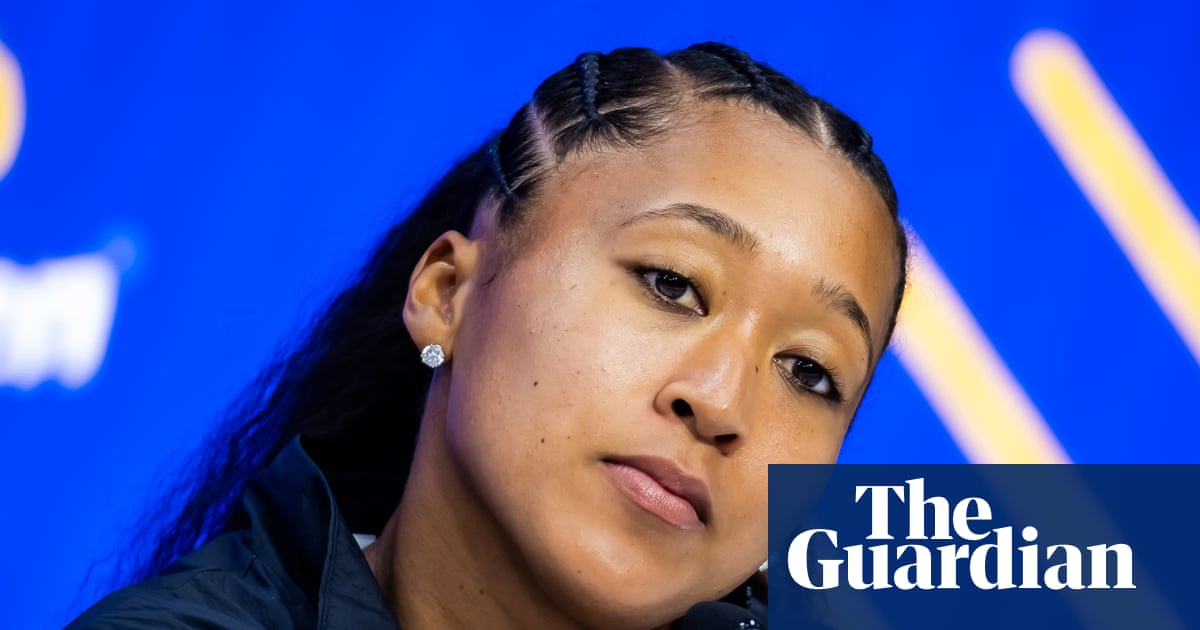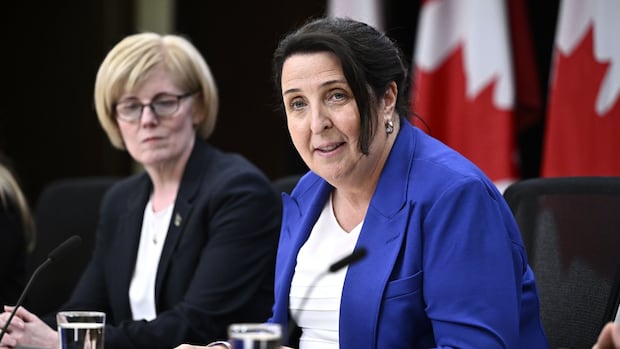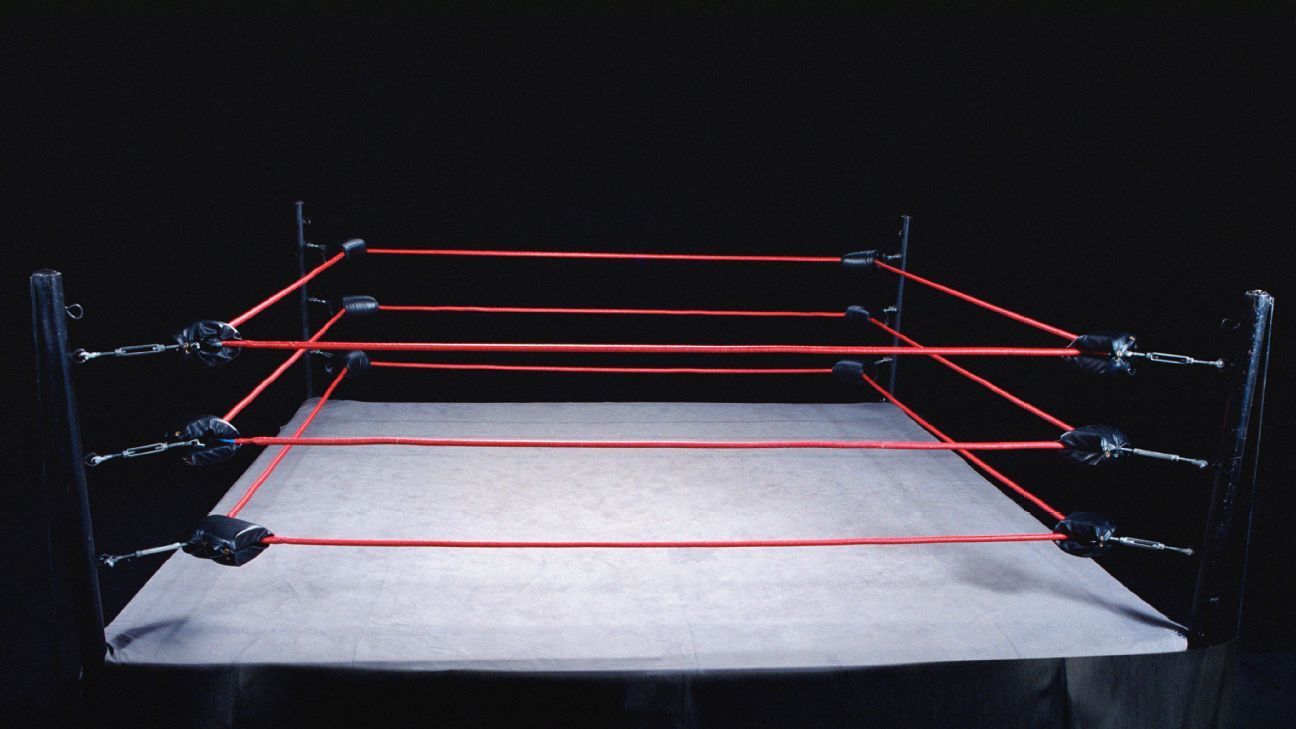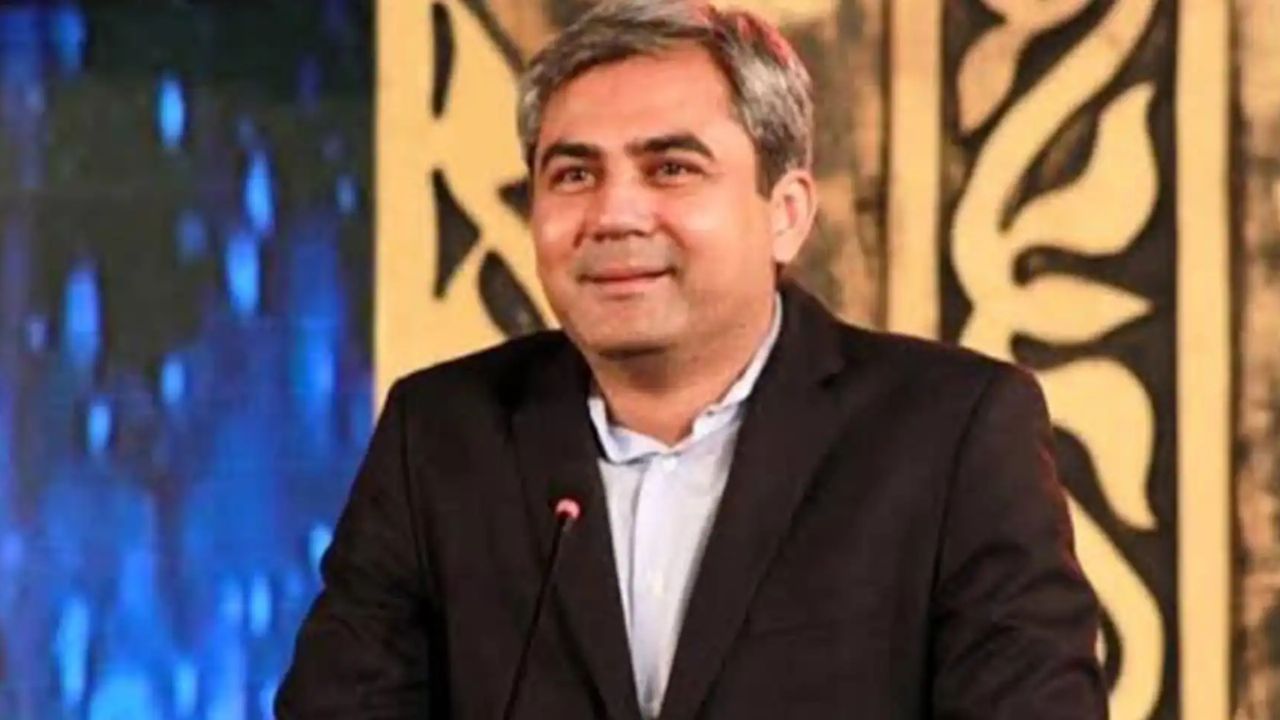Athletes Speak Out on the Dangers of Social Media Abuse
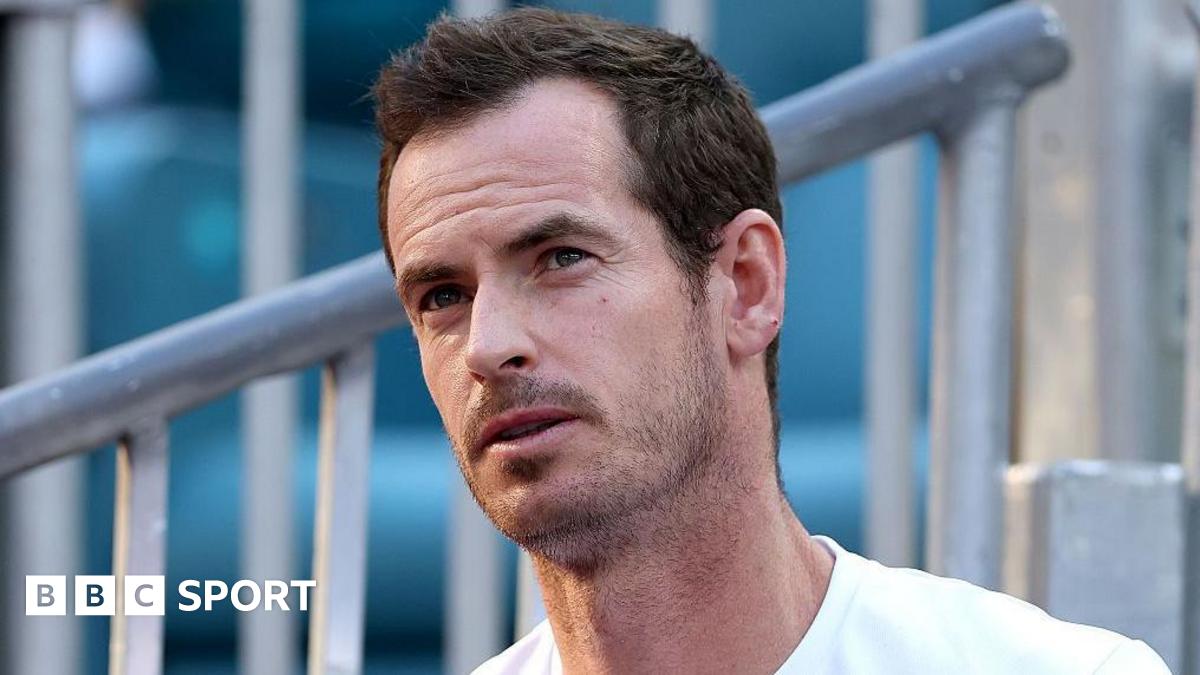
In a candid discussion about the pervasive issue of toxic abuse in sports, athletes from various disciplines have expressed their concerns, emphasizing the urgent need for change. One prominent voice in this dialogue is Andy Murray, a former tennis champion and father of four, who shared his thoughts on the challenges of protecting young people from the harmful effects of social media. Murray highlighted the responsibility of parents in this digital age, stating, "If I'm being honest I don't know. Me and my wife are trying to keep our children off social media until they are much older, because I think it can be pretty damaging." With his eldest child being nine and his youngest just four years old, Murray's approach reflects a growing concern among parents regarding the safety of their children online.
The urgency of the situation has been magnified by the government's introduction of the Online Safety Act, which mandates that technology firms enhance measures to safeguard young users from harmful content. This legislation is being implemented in phases, with social media platforms now required to take more proactive steps to protect users from illegal and damaging material. Upcoming regulations will include more stringent safety measures aimed at children, illustrating the government's commitment to creating a safer online environment.
In a recent interview with the BBC, Prime Minister Sir Keir Starmer affirmed that the government is exploring additional protective strategies for social media users. His comments come in light of alarming statistics from data science company Signify, the International Tennis Federation (ITF), and the Women's Tennis Association (WTA), revealing that in 2024, approximately 8,000 abusive, violent, or threatening messages were directed at 458 tennis players on their social media accounts.
Following these revelations, several tennis players have rallied for stronger actions, including the proposal for identity verification on social media platforms to help combat online abuse. This call for reform resonates not only within tennis but is echoed by members of the England women’s football team, many of whom are opting to step back from social media as they prepare for their European Championship defense in Switzerland.
Murray further expressed his bewilderment over who should bear the responsibility for addressing this issue, questioning whether it falls to the government, social media moguls like Elon Musk, or the athletes themselves. "I don't mean just athletes, but then you get into the whole debate around free speech and it's a difficult one," he stated, reflecting a complex intersection between freedom of expression and the protection of individuals from online harassment.
In a poignant moment, former British tennis player Naomi Broady, now 35, recounted her own experiences with social media abuse during an interview with BBC Radio 5 Live. Broady revealed, "I've seen the worst of trolling and after I had children, I don't show their faces any more," highlighting the significant impact of online abuse on personal and family life. The discourse surrounding social media abuse continues to grow, with athletes advocating for safer online spaces for themselves and future generations.




